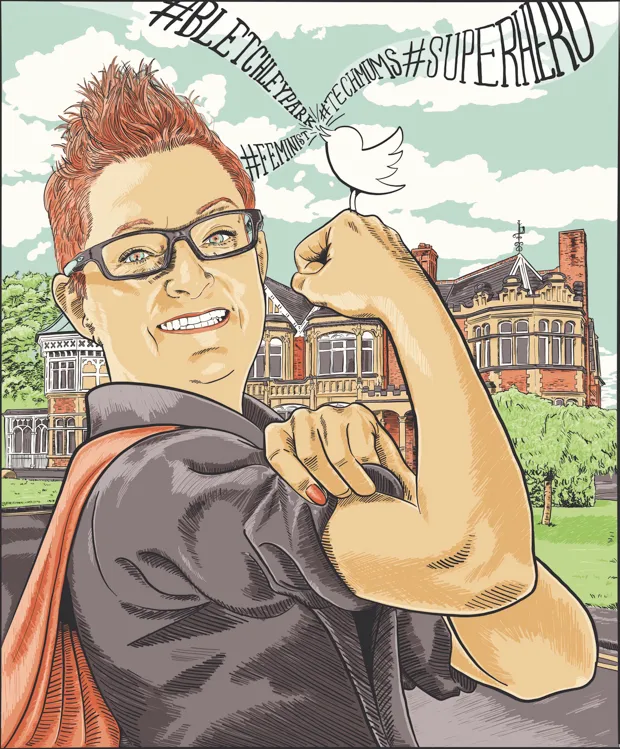You describe yourself as a ‘technology evangelist’. Why?
Because technology changed my life. My mum died when I was 12 and I left school at 16. When I was 25, I had a broken marriage and was living in a women’s refuge.
Then, when my kids went to school, I did a computing degree. My supervisor asked me if I wanted to do a PhD. I said I’d love to, but didn’t tell him I had no idea what one was!
And then?
Technology took me from living on benefits on a council estate, to the career that I have today as a keynote speaker and computer scientist.
It worries me that people are missing out on opportunities because they are scared of technology. We can solve the world’s biggest problems by empowering disadvantaged people with technological skills.
How do you get the message out?
I set up an organisation called #techmums that helps women learn about social media, online safety and coding. We teach online and in disadvantaged areas, and recently ran #techmumsTV in collaboration with Facebook. More than 300,000 people watched it and we had mums telling us it helped give them the confidence to seek jobs involving technology.

Should parents be concerned about social media?
I worry about parents banning kids from social media because they might use it anyway, have something go wrong and then have no one to talk to.
People worry about social media with good reason, but it can also be useful. It helped us save Bletchley Park.
How?
By raising awareness. I initially thought Bletchley Park was maybe 50 old men who wore tweed and did The Times crossword and the odd bit of codebreaking. Then I learned that 10,000 people worked there and more than half were women. Their efforts shortened WWII by two years and saved 22 million lives.
When I heard Bletchley could close, I knew I had to do something, so I turned to Twitter. One day, Stephen Fry retweeted me, and for a short time I became the most retweeted person in the world! I don’t think we would have saved Bletchley Park without Twitter.
Any career disasters you’ll admit to?
My laptop died when I was doing my PhD and I lost loads of work.
I didn’t admit it to anyone because I was horrified. It took me three months to accept what happened, then another three to redo it. It taught me to back up my research.
Who would play you in a film of your life?
Funny you should ask that. I was recently contacted by a film director who wants to do just that! I’d have Emma Watson for the young me and Angelina Jolie for the older me. They’re both very #GirlPower.
- This is an extract from issue 329 ofBBC Focusmagazine -subscribe here